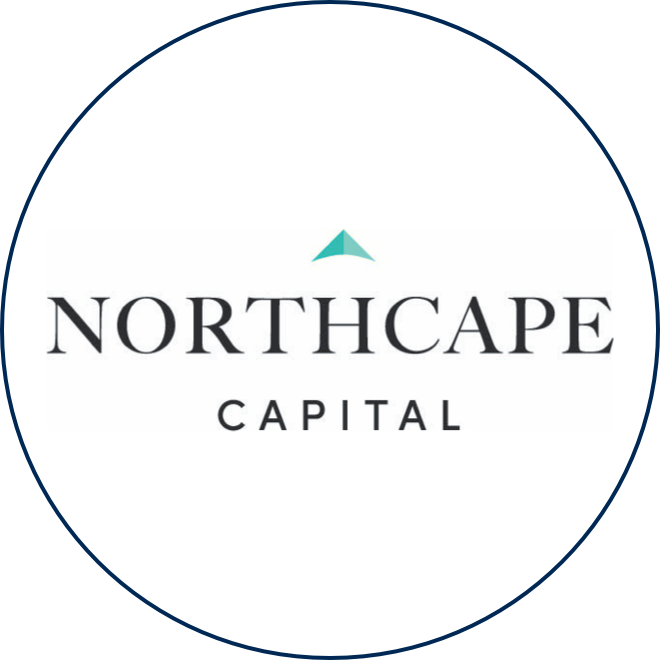Meeting long-term goals with EMs
02 June 2021

The article below is an extract from a Money Management Original piece published on 28 May 2021.
While most developed markets have been able to take a breath as COVID-19 vaccination rollouts have been swift, this can’t be said for many emerging markets (EMs).
The pandemic has had a devastating impact on EM countries as they have some of the highest population densities in the world.
Investments in EMs have always been tricky as investors have needed patience and they will continue to need confidence as managers forecast a challenging year ahead.
However, flows into EM funds have picked up with inflows amounting to US$1.2 billion ($1.5 billion) globally in the first three weeks of May, according to Bank of America data.
Despite the pandemic and the global sell-off, the Northcape Capital Global Emerging Markets strategy (underlying investment manager for the Warakirri Global Emerging Markets Fund) returned the highest against its peers at 32.8% during 2020, according to FE Analytics.
The sector average was 5.75% and the Northcape fund beat the next best-performing fund by almost 40%. The fund was also the highest performer over the 10 years to 30 April, 2021, at 187.47%. The sector average during this period was 90.76%.
The fund’s director and portfolio manager/analyst, Patrick Russel, said one of the fund’s long-standing beliefs had always been that a pandemic would a big exogenous shock risk to capital markets. Therefore, it had maintained ‘healthy’ exposures to healthcare and personal protective equipment for many years.
“We’ve been investing in EMs since 2008 so we had more knowledge of pandemic risks because we’d seen them come to play in Africa and Asia from time to time. There were a lot of near misses and we were of the view that it was only a matter of time before there would be a really bad pandemic,” he said.
“We felt like the bullet was already in the chamber of the gun and, as a consequence of this risk management system, we had a structural overweight to PPE stocks. Not only that, we had strong knowledge on how a pandemic would impact an economy and capital markets so we were able to make tactical adjustments to our portfolio quite quickly which underpinned our performance last year.”
Russel said, when the pandemic hit, the fund further boosted its exposure to the PPE sector, and elevated its exposure to companies that would benefit from the shift to working from home which was mainly in North Asian tech firms.
TIPS FOR ADVISERS
Russel said a pitfall for any advisers looking to invest in emerging markets for clients was to invest in an exchange traded fund (ETF) as sovereign risk was quite significant and investors were unable to manage that though an ETF.
“You also end up investing in a lot of large mega caps in EMs and many of them are government controlled and those businesses are not necessarily run in a balanced way for shareholders. I’d encourage advisers to invest in active fund managers that address the asset class, are acutely active, and highly selective,” he said.
Russel said his strategy included weeding out areas at risk of capital loss and putting investors in front of best opportunities at company and sovereign level. Core to this was having unrivalled focus on ESG factors, which advisers needed to turn their attention to when looking for an EM fund.
“If you focus on companies with exemplary ESG everything else seems to performs really well. Companies with high levels of corporate governance run more tightly and have better risk management systems, they produce better quality products and services and customers are happier. Staff morale is high with low turnover and they tend to attract higher quality staff,” Russel said.
“The dropdown of that is better financial outcomes, better return on income, better growth, more innovation, and more focus on long-term strategic decision making which is beneficial for sustaining shareholder value creation.”
While his fund tended to focus on the governance side of ESG, Russel said if a firm had a high level of governance then it also tended to have high ‘E’ and ‘S’ scores.
“That’s getting the horse and cart around the right way. The genesis of good company is good corporate governance and if that is in place the preconditions are there for good E and S. If corporate governance is weak you’ll probably see weak scores in E and S as well,” he said.
OUTLOOK
Looking over the next three to five years, Russel said there were powerful tailwinds such as growing population pools which led to the expansion of the household sector which is growing demand for EMs.
“There’s a lot of industries that are somewhat underpenetrated relative to advanced economies so you’ve got structural growth in a whole range of consumer technological, autos and so on. Those are the tailwinds the asset class offers that are not so existent in advanced economies, where you’ve got much higher levels of household debt, more mature populations, and you’ve got much higher penetration of consumer goods into the household expenditure,” he said.
“It’s about hiring a manager that seeks those opportunities and avoids some of the risks you get from the asset class such as capital flight risk to a particular country or corruption due to some issue associated with a breach of corporate governance. Those are some of the risks in the sector that you need to avoid and then you need someone with a keen eye on best opportunities to capture strong capital growth from those aspects.”
